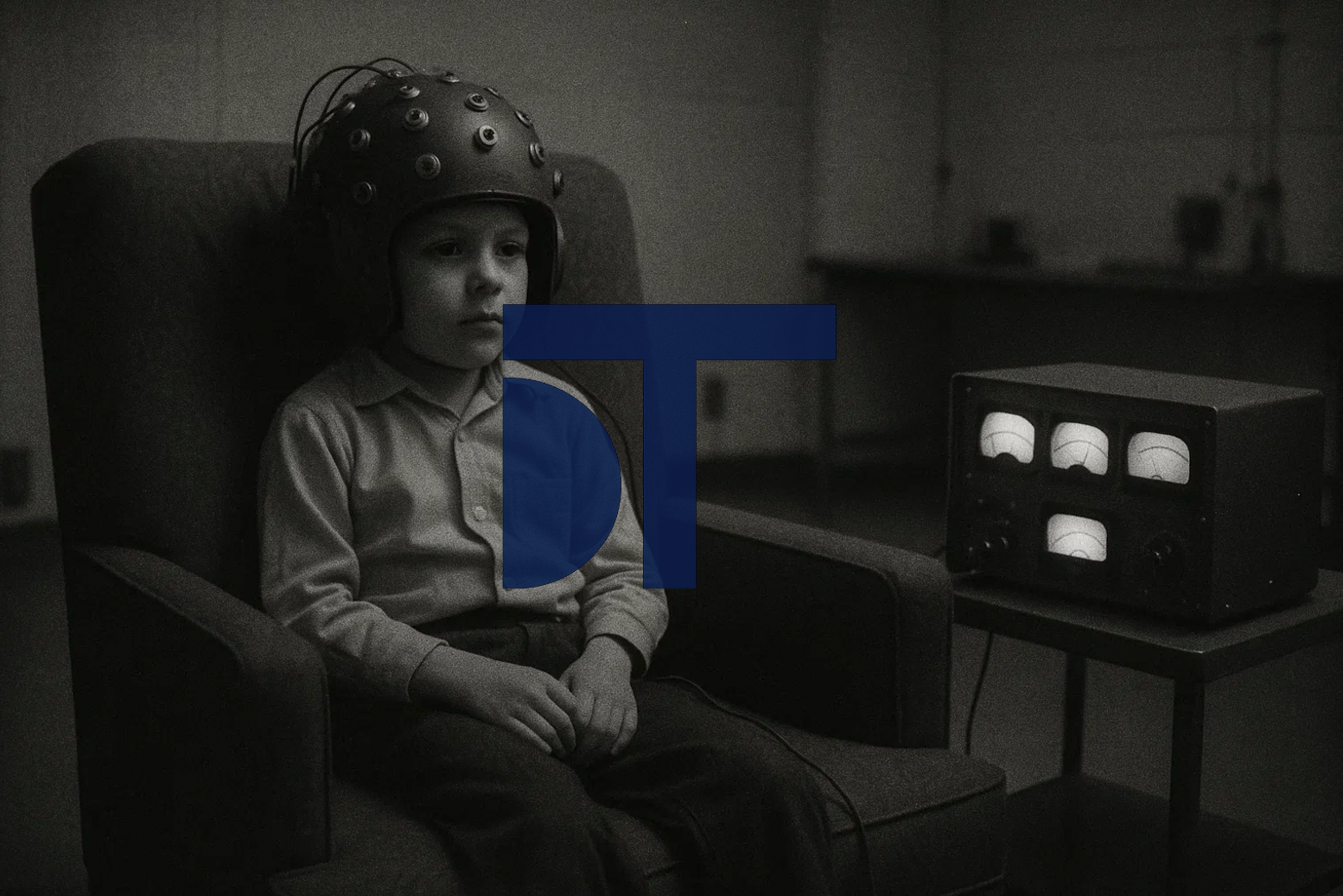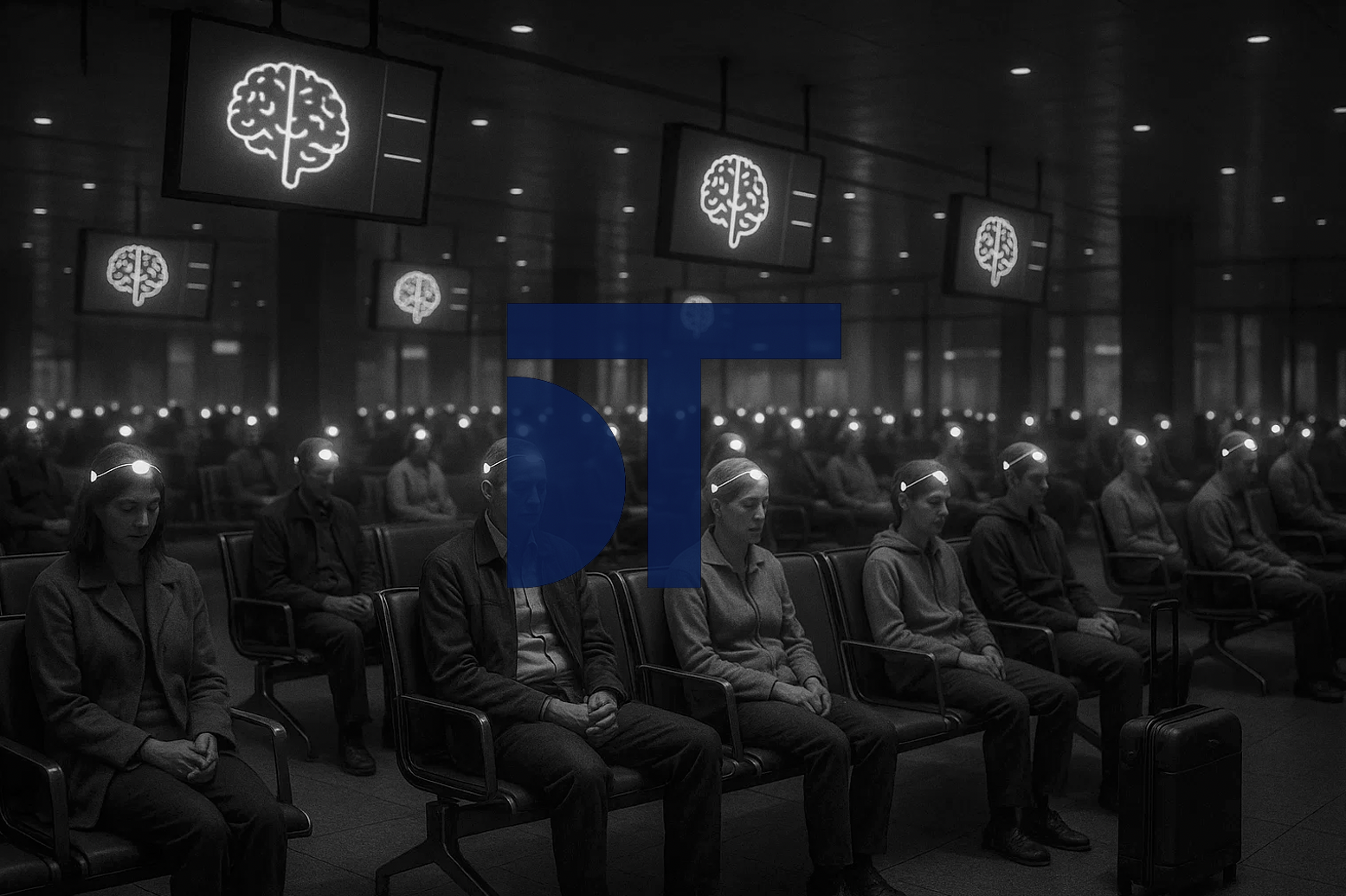
We face a brutal Digital Darwinism: algorithms evolve in months while our brains evolved over millions of years. Our prefrontal cortex—humanity's crowning achievement—is being systematically dismantled as we willingly surrender to our primitive neural circuits.
This asymmetric evolution is not just a crisis. It's an extinction-level threshold for human cognition.
The oldest part of our brain, controlling breathing, heartbeat, and basic survival functions. While not the primary target of AI manipulation, it's affected by the stress responses triggered by digital addiction.
The emotional center containing the amygdala and dopamine reward system. This is the primary target of AI algorithms, which stimulate fear, anger, and desire to maximize engagement and control behavior through dopamine manipulation.
The prefrontal cortex, our most advanced cognitive operating system supporting abstract thinking and value judgment. This uniquely human brain region is being systematically weakened through constant distraction and emotional hijacking.
Prefrontal Fatigue
The prefrontal cortex requires significant energy to maintain control over the amygdala. Constant digital stimulation depletes this energy, causing control to automatically transfer to the more primitive, energy-efficient amygdala system.
Attention Fragmentation
AI algorithms are designed to fragment attention through constant interruptions and notifications, preventing the deep focus necessary for prefrontal development and maintenance. This creates a vicious cycle of decreasing attention spans.
Dopamine Exploitation
Through precise tracking and prediction of user behavior, AI systems create variable reward schedules that maximize dopamine release, creating addiction patterns identical to those seen in gambling and substance abuse.
Emotional Triggering
Content is algorithmically optimized to trigger strong emotional responses—particularly outrage, fear, and tribal identity—which activate the amygdala and bypass rational prefrontal processing.
Cognitive Overload
The sheer volume of information exceeds the prefrontal cortex's processing capacity, forcing the brain to rely on amygdala-based heuristics and emotional reactions rather than thoughtful analysis.
Value Substitution
Long-term values requiring prefrontal processing are gradually replaced with immediate dopamine-driven rewards, reshaping human behavior toward short-term gratification at the expense of deeper meaning.
The neural hijacking crisis extends far beyond individual psychology, creating cascading effects throughout society:
- Collapse of shared reality: As algorithms create personalized information bubbles, society loses the common factual ground necessary for democratic discourse.
- Tribal polarization: Emotional triggering amplifies group identity and outgroup hostility, fragmenting society into increasingly hostile tribes.
- Attention economy collapse: As attention spans decrease, complex problem-solving becomes increasingly difficult at both individual and societal levels.
- Mental health epidemic: Rising rates of anxiety, depression, and addiction directly correlate with increased digital consumption patterns.

